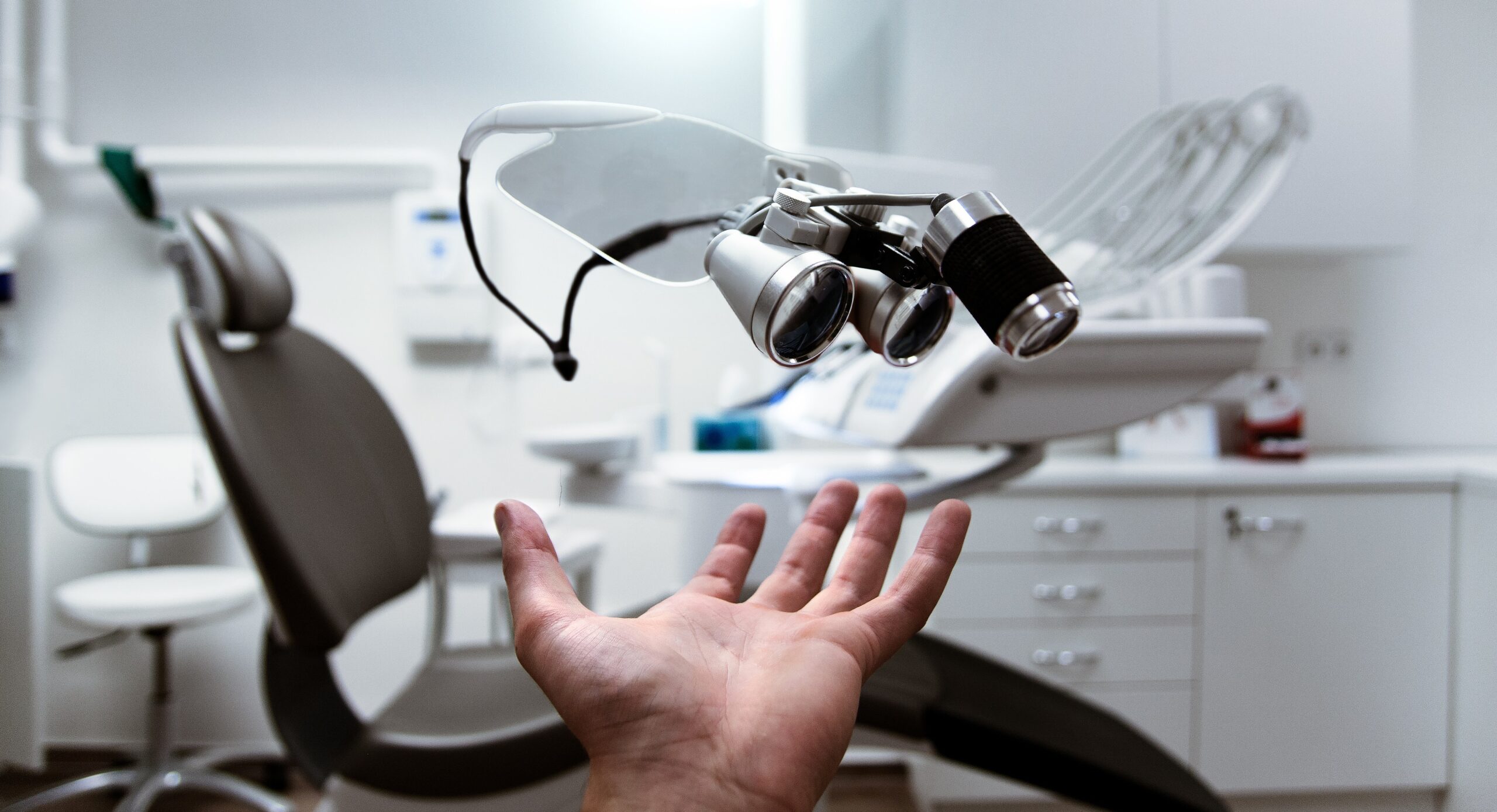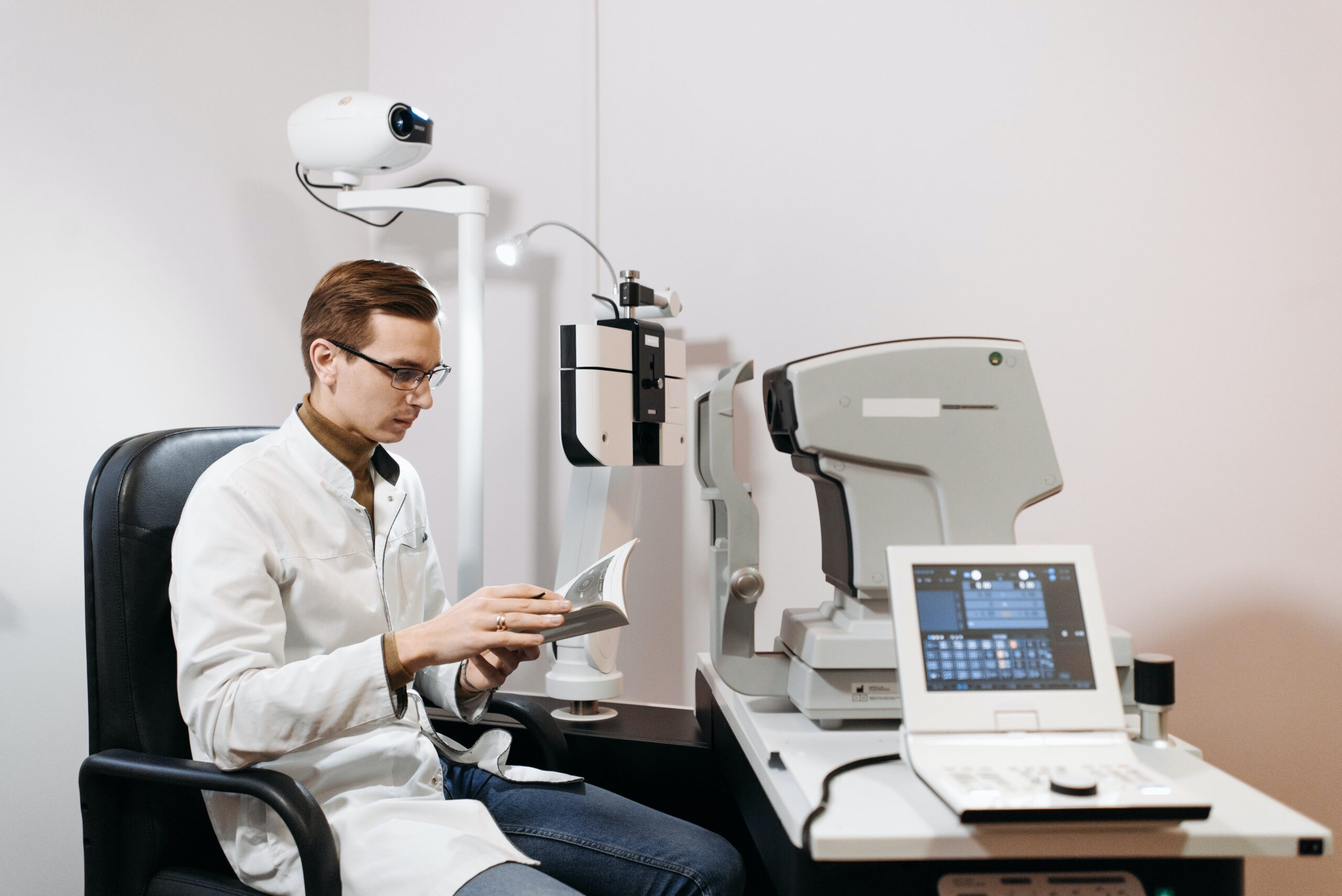Make money in medical field by using Ai Technology
In recent years, the convergence of artificial intelligence (AI) technology with the medical field has opened up unprecedented opportunities for individuals and organizations to generate income. The seamless integration of AI technology in healthcare has not only improved patient care and diagnostics but has also given rise to innovative avenues for financial growth. This article delves into various ways to make money from the medical field by harnessing the power of AI technology.
I. Telemedicine and Virtual Healthcare Platforms
The proliferation of AI-driven telemedicine and virtual healthcare platforms has revolutionized patient-doctor interactions. Entrepreneurs and healthcare professionals can monetize this trend by creating and offering virtual consultation services. AI-powered chatbots can provide preliminary assessments, schedule appointments, and answer common medical queries. This not only increases patient engagement but also generates revenue through subscription models or pay-per-consultation fees.
II. Medical Imaging Analysis
AI algorithms have exhibited remarkable accuracy in analyzing medical images such as X-rays, MRIs, and CT scans. By developing or utilizing existing AI-powered medical image analysis tools, professionals can offer radiology services to clinics and hospitals. This approach not only expedites diagnosis but also generates income through service charges. Furthermore, entrepreneurs can create platforms that connect medical imaging specialists with facilities in need of their expertise, taking a commission for each successful transaction.
III. Drug Discovery and Development
The pharmaceutical industry can leverage AI technology to accelerate drug discovery and development processes. AI algorithms can predict potential drug candidates, analyze molecular structures, and simulate drug interactions. Startups specializing in AI-driven drug discovery can collaborate with pharmaceutical companies and earn revenue through licensing agreements, royalties, or partnership contracts.
IV. Personalized Treatment Plans
Tailoring medical treatments to individual patients’ genetic makeup and health data has become feasible through AI. Entrepreneurs can establish businesses that offer personalized treatment recommendations based on AI analysis of patients’ health records. This can be monetized through subscription models, where patients pay for ongoing personalized medical insights and recommendations.
V. Administrative Efficiency
AI technology can streamline administrative tasks in healthcare facilities. Chatbots can handle appointment scheduling, billing inquiries, and insurance claims processing, reducing the burden on administrative staff. Entrepreneurs can develop AI-powered administrative solutions and offer them to healthcare institutions, generating revenue through subscription plans or licensing fees.

VI. AI-Powered Wearable Devices
The market for AI-driven wearable devices that monitor health parameters is rapidly expanding. Entrepreneurs can design and manufacture wearable devices that track vital signs, detect irregularities, and provide real-time health insights to users. Revenue can be generated through device sales, subscription services for premium features, and data monetization with user consent.
VII. Data Analytics and Insights
Healthcare generates vast amounts of data daily. AI technology can be used to analyze this data for trends, patterns, and insights that can aid in clinical decision-making and health management. Startups can offer data analytics services to healthcare providers, pharmaceutical companies, and research institutions, earning revenue based on the complexity and scale of the analysis.
VIII. Remote Patient Monitoring
AI-enabled remote patient monitoring systems allow healthcare professionals to track patients’ health conditions outside of traditional clinical settings. Entrepreneurs can develop and market remote monitoring solutions to healthcare institutions, assisted living facilities, and home care providers. Revenue can be generated through equipment sales, subscription services, and maintenance contracts.
IX. Medical Chatbots and Symptom Checkers
AI-powered chatbots and symptom checkers can assist individuals in assessing their health conditions and seeking appropriate medical advice. Entrepreneurs can develop and commercialize user-friendly medical chatbots that provide accurate preliminary information and guide users toward necessary medical care. Revenue can be generated through app downloads, in-app purchases, and partnerships with healthcare organizations.
X. Research Collaborations and Grants
AI technology in the medical field often requires extensive research and development. Entrepreneurs and researchers can collaborate on projects aimed at advancing medical AI applications. By securing grants, sponsorships, or research partnerships, individuals and organizations can finance their AI-driven medical initiatives and potentially share in the financial benefits of successful outcomes.
XI. AI-Powered Rehabilitation
AI technology can play a significant role in the field of rehabilitation. Entrepreneurs and healthcare professionals can develop AI-driven rehabilitation programs that personalize exercises and therapies for patients recovering from injuries or surgeries. These programs can be remotely accessible, allowing patients to follow their rehabilitation routines from the comfort of their homes. Revenue can be generated through subscription models, one-time purchase options, or partnerships with rehabilitation centers.
XII. Mental Health Support
AI technology can be harnessed to provide mental health support and therapy. Chatbots and virtual therapists powered by AI can offer users a confidential space to discuss their emotions and challenges. Entrepreneurs can develop mental health platforms that connect users with AI-driven mental health resources, providing coping strategies, relaxation techniques, and guided mindfulness exercises. Revenue can be generated through premium subscription tiers, in-app purchases, and partnerships with mental health organizations.
XIII. Fraud Detection and Prevention
In the healthcare industry, fraudulent claims and billing errors can lead to substantial financial losses. AI technology can be employed to detect patterns of fraudulent activities and unusual billing practices. Entrepreneurs can create AI-driven solutions that analyze medical billing data to identify discrepancies and potentially fraudulent claims. Offering these solutions to healthcare insurance providers and institutions can lead to revenue generation through subscription models or service fees.
XIV. Continuous Medical Education
AI technology can facilitate continuous medical education (CME) for healthcare professionals. Entrepreneurs can develop platforms that utilize AI to curate personalized CME courses based on individual practitioners’ specialties and areas of interest. These platforms can offer accredited courses and certifications, with revenue generated through course enrollment fees and partnerships with medical associations.
XV. Predictive Analytics for Disease Outbreaks
AI-powered predictive analytics can assist in identifying and predicting disease outbreaks by analyzing patterns in health data, social media, and other relevant sources. Entrepreneurs can offer predictive analytics services to public health agencies, governments, and international organizations. These services can aid in early intervention and resource allocation during outbreaks, generating revenue through contract agreements and licensing.
XVI. AI-Enhanced Robotic Surgery
The integration of AI technology with surgical robots has transformed the landscape of surgery. Entrepreneurs can develop AI-enhanced robotic surgical systems that provide surgeons with enhanced precision and real-time feedback during procedures. These systems can be marketed to hospitals and surgical centers, with revenue generated through equipment sales, training programs, and maintenance contracts.
Conclusion
The integration of AI technology into the medical field presents a plethora of opportunities for financial growth and innovation. From telemedicine platforms and medical imaging analysis to drug discovery and personalized treatment plans, the avenues to generate income are vast and diverse. Entrepreneurs, healthcare professionals, and researchers can all tap into this burgeoning landscape to not only enhance patient care but also create sustainable revenue streams. As AI technology continues to evolve, the intersection of AI and medicine will likely remain a fertile ground for those seeking to make a positive impact while reaping the rewards of their endeavors.
